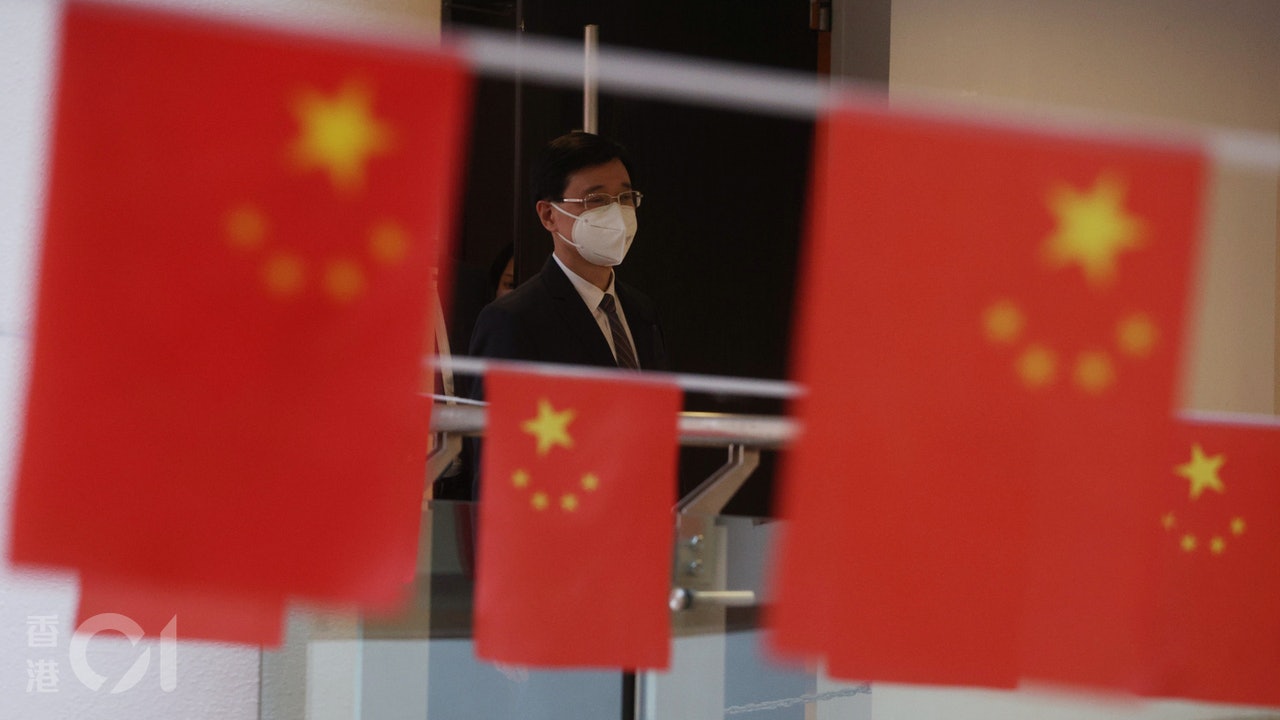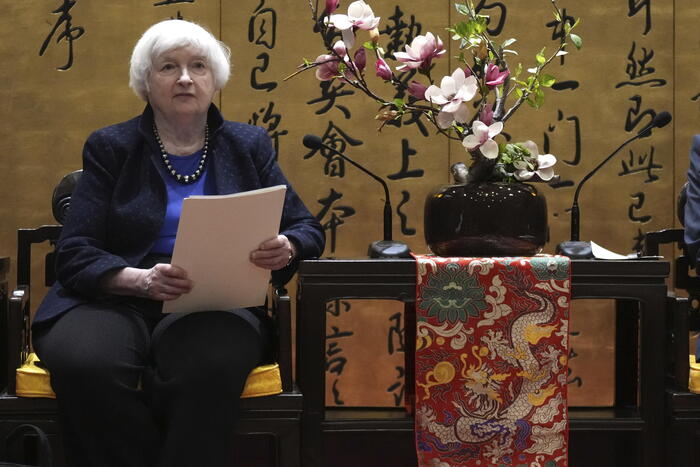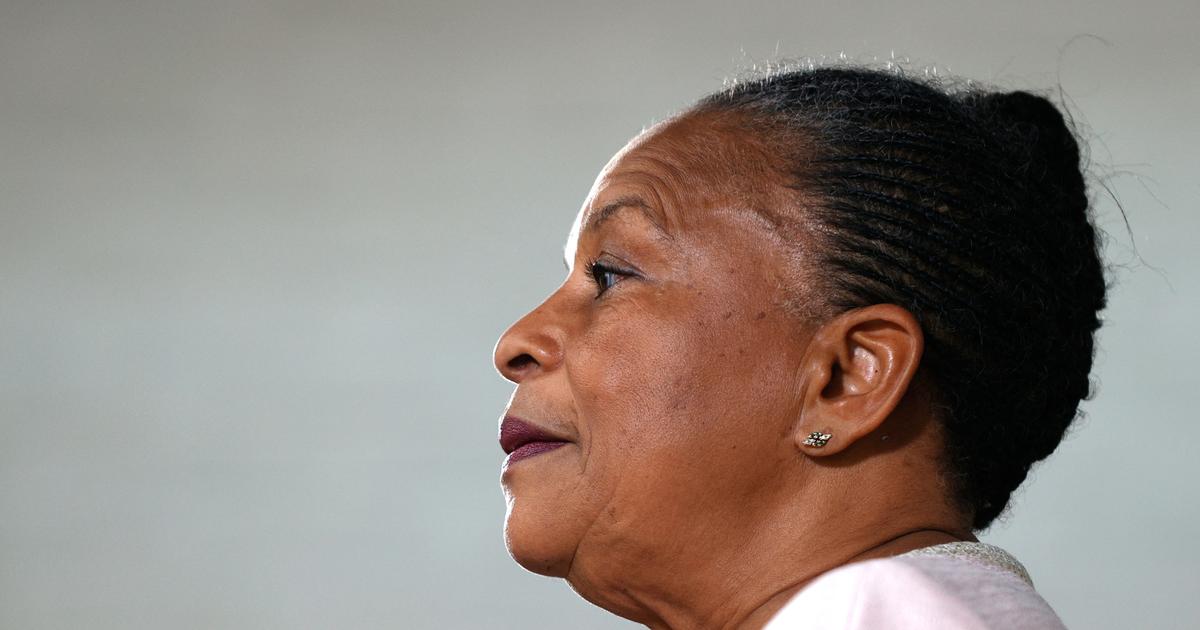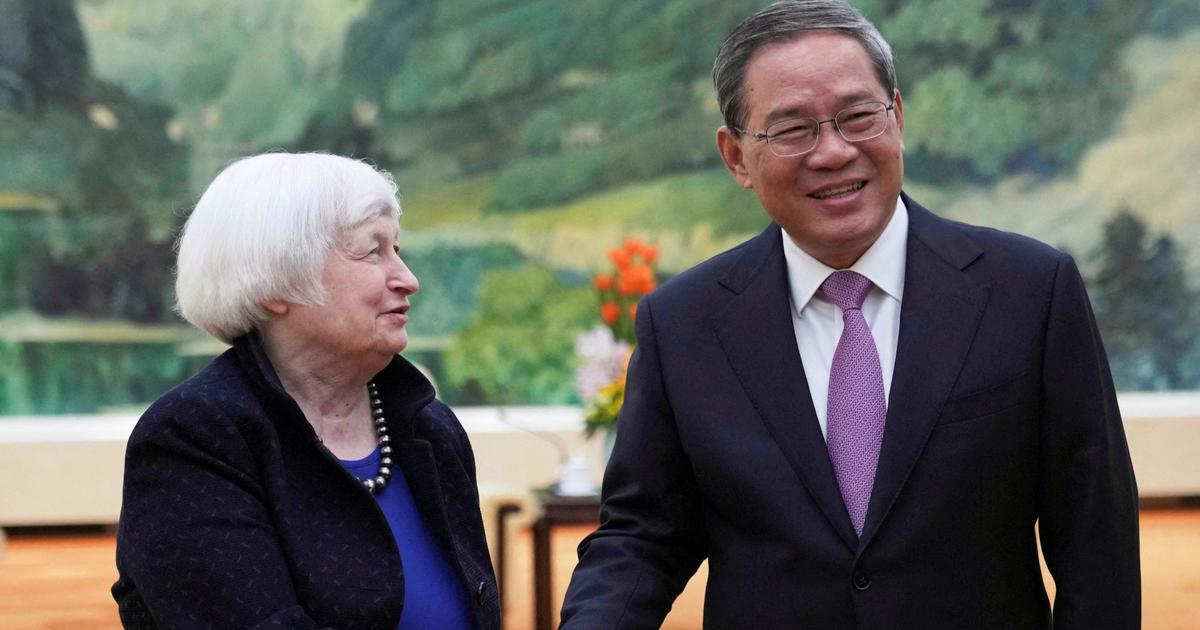The sixth-term chief executive election, which was postponed by the fifth wave of the epidemic, is proceeding in accordance with the established arrangements. With the announcement of the candidacy of the former Chief Secretary for Administration, Li Jiachao, public opinion can generally conclude that there is little suspense in the election of the chief executive, because Li Jiachao is Beijing's "only favorite." candidate".
But many questions also arise: why did Beijing choose Li Jiachao instead of Carrie Lam?
The choice of Li Jiachao reveals what kind of thinking of Beijing in governing Hong Kong?
Can Li Jiachao, a member of the disciplined service, really lead Hong Kong from chaos to governance, from governance to prosperity?
Will the "one-person model" chief executive election become the norm in the future?
Can Li Jiachao, who should have been held accountable for the turmoil in the amendment bill, overcome the fetters of interest groups and solve the deep-seated problems in Hong Kong?
...All the above questions can be summed up to the most important point: what does Beijing think?
If it is result-oriented, Beijing’s considerations behind Li Jiachao can be understood from at least three dimensions.
On April 13, Li Jiachao applied for the election of chief executive with 786 nomination forms.
(file picture)
First of all, Hong Kong's top priority is security. Security is the premise of development, and development is the purpose of security. Without security, development is doomed to be unsustainable and secure.
The protracted turmoil of amendments in 2019 has undoubtedly produced a direct and violent stimulus for Beijing to judge the Hong Kong issue. The rampant black violence, rampant speculation, and the Hong Kong version of the "color revolution" not only caused Hong Kong's accumulated deep-seated contradictions to return. It was completely exposed, and at the same time it turned Hong Kong into an undefended city.
After that, although Beijing launched the "Hong Kong National Security Law" by means of thunder, the National Security Law is not a panacea.
Li Jiachao, who was born in the disciplined forces, has become the only candidate for Hong Kong's chief executive this time, which is undoubtedly Beijing's renewed efforts and reassurance for Hong Kong's security issues.
Before taking up the post of Chief Secretary for Administration in 2021, Li Jiachao worked in the Hong Kong Police Force for a long time, and was promoted to Secretary of Security in 2017. In 2018, he also led a delegation to Xinjiang to inspect counter-terrorism facilities, and said that Xinjiang's counter-terrorism experience is worth Hong Kong's reference.
After the turmoil of Hong Kong's amendments to the law broke out in 2019, Li Jiachao also showed a tough stance, made many "supporting the police" remarks, and repeatedly stated that Hong Kong had "raised the alarm of terrorism" and asked the police to prepare and review the counter-terrorism response. plan.
Such an experience and a tough stance are undoubtedly in line with Beijing's requirements for how Hong Kong will ensure national security in the future.
Regarding the security issues in Hong Kong, Xia Baolong, director of the Hong Kong and Macau Affairs Office, made it clear in his speech on the first anniversary of the implementation of the "Hong Kong National Security Law", "Only after 'security' can Hong Kong get better, hope and develop." "National security has always been the basic premise for the survival and development of a country, and it concerns the fundamental interests of the country and all its citizens. Which country would tolerate splitting and subversion on its own territory? Which country would tolerate terrorist activities? Which country would tolerate the wanton interference of external hostile forces in its own internal affairs?”
It can be said that without the turmoil of the amendment bill in 2019 and the drastic changes in Hong Kong since the turmoil of the amendment bill, it would be difficult for the balance of time and situation to favor Li Jiachao.
Xia Baolong, director of the Hong Kong and Macau Affairs Office of the State Council of China, has made a series of statements on Hong Kong issues, especially his speech on the first anniversary of the implementation of the National Security Law in Hong Kong, which has attracted much attention.
(Official website of the Hong Kong and Macao Affairs Office of the State Council of China)
Second, the security issue of Hong Kong is not only about itself, but also about the overall security concept of the country.
As early as April 15, 2014, when President and General Secretary of the Communist Party of China Xi Jinping presided over the first meeting of the Central National Security Committee, he first proposed the concept of overall national security, including political security, homeland security, military security, and economic security. 16 kinds of safety including cultural safety and social safety.
As a special administrative region of China, Hong Kong's security has been incorporated into the system of the country's overall security concept from the very beginning.
However, because "one country, two systems" has long been accustomed to isolation, emphasizing that "well water does not violate river water", although Xi Jinping proposed the overall national security concept in 2014, Hong Kong does not think it has anything to do with it, just like the China State Council News on June 10 of the same year The office released the white paper "The Practice of One Country, Two Systems in the Hong Kong Special Administrative Region", which is Beijing's first white paper on the Hong Kong issue. The fifth part, the core of which, systematically explains several basic issues in clarifying the Hong Kong issue. However, many Hong Kong people Either treat it as an official document, or just hold on to the "full governance" mentioned for the first time in it.
Since the overall national security concept was put forward, whether it is Hong Kong's own microclimate or the international climate, security threats and hidden dangers have indeed become more and more prominent. Hong Kong itself has experienced the Occupy Central Movement in 2014, the Mong Kok riots in 2016, and the The turmoil of the amendments, the whole society is riddled with holes, and the impact of the fifth wave of the epidemic has made it even worse; and the international French yellow vest movement, the North Korean nuclear test, the military coup in Myanmar, the change in Kazakhstan, and the withdrawal of the United States from Afghanistan have caused Turbulence has occurred in turn, and the recent outbreak of the Russian-Ukrainian war has added more uncertainty to the originally turbulent international community.
Based on China's own size and international influence, any security crisis that occurs anywhere will directly or indirectly affect and even harm China, which will further aggravate Beijing's strict defense of the bottom line and red line of national security.
Therefore, during the period when Li Jiachao served as the chief executive, Hong Kong needs to be integrated into the overall situation of national development as well as the overall situation of national security interests in the new era.
For this overall situation, Beijing also has other deployments and initiatives other than Li Jiachao. For example, in early January this year, Beijing appointed Major General Peng Jingtang, deputy chief of staff of the Armed Police Force, as the commander of the Hong Kong Forces. An experienced person served as the commander of the People's Liberation Army in Hong Kong. After Peng Jingtang became the commander of the People's Liberation Army in Hong Kong, he not only emphasized "performing defense duties in accordance with the law", but also expressed the need to "resolutely defend national sovereignty, security, and development interests, and firmly maintain Hong Kong's long-term prosperity, stability and long-term stability." .
Another example is that in February this year, Wang Linggui, vice president of the Chinese Academy of Social Sciences, served as the deputy director of the Hong Kong and Macau Affairs Office. His research fields include global strategy, counter-terrorism, Xinjiang issues, and Hong Kong and Macau issues. It is also for the purpose of adding scholars who are familiar with international politics and counter-terrorism issues to the Hong Kong and Macau Affairs Office. Control the complex and ever-changing situation in Hong Kong, and strictly prevent Hong Kong from becoming a base for subverting the mainland.
It can be said that in terms of the overall national security concept, it is not surprising that Li Jiachao was chosen by Beijing as the only candidate this time.
In early January 2022, Beijing appointed Major General Peng Jingtang, deputy chief of staff of the Armed Police Force, as the commander of the Hong Kong garrison, arousing concern.
The picture shows the 18th anniversary of Hong Kong's return to China on July 1, 2015. The People's Liberation Army in Hong Kong held a celebration.
(PLA)
Finally, the deep-seated conflicts in Hong Kong have been accumulated over a long period of time, and it will not be solved in one day. Therefore, the role played by Li Jiachao during his five-year term of office is more of a "break". ", is still unknown.
After Li Jiachao expressed his willingness to run for the chief executive, public opinion focused on his status as "attorney", because since Hong Kong's return to the present, he has experienced "businessmen administering Hong Kong", "civil servants administering Hong Kong" and "professionals administering Hong Kong". An officer from the disciplined forces served as the chief executive.
Such unusualness itself is breaking and completely getting rid of the traditional concept of elites in Hong Kong.
Taking this as the first step and necessary prerequisite for the "big break", Hong Kong is also expected to carry out "big break" at all levels, for example: to break the model of "deliberation without decision, decision without action", and solving problems with results as the goal, If you want to do things, you must be able to do things, be able to do things, and do things well; break the Hong Kong people's myths about liberalism, and use a strong stance to make more use of the power of the government's hand, so that the executive leadership is worthy of its name, and promote the solution of housing, Problems related to the economy and people’s livelihood such as medical care; break down the barriers of various interests, and the previous model of co-governance by government and businessmen, so that the benefits of development can benefit the general public; The passive "One Country, Two Systems" is moving towards an integrated, active and active "One Country, Two Systems", and thus begins the second half of "One Country, Two Systems".
It can be said that if there is no breaking, there is no hope of standing. Li Jiachao may not be the best candidate for "Da Li", but at present, no one can assert that he is definitely not the one who can lead Hong Kong's "big break".
After social movements and the epidemic, the Hong Kong people's expectations for the future have also dropped to the lowest point.
(Visual China)
Today's Hong Kong has reached the mid-point of "one country, two systems" unchanged for 50 years. After experiencing the social turmoil and the impact of the new crown epidemic, Hong Kong urgently needs to see the dawn of reform, and urgently needs to accumulate the courage and courage to face the future. confidence.
Such dawn, courage and self-confidence need not only the promotion and empowerment of a good chief executive, but also the collective efforts of the Hong Kong people.
Li Jiachao, who has been controversial in the turmoil of the amendments and has no outstanding political achievements after becoming Chief Secretary for Administration, may not meet the expectations of the majority of Hong Kong people for a "good chief executive", but if he can achieve "big breakthroughs" during his tenure, instead of following the old traditions , so that the changes that the people can actually feel may bring the dawn of a new Hong Kong.
Also in his speech on the first anniversary of the implementation of the "Hong Kong National Security Law", Xia Baolong thought about Hong Kong in the second century (2049): the economy is more prosperous, the development of various undertakings is more balanced, the society is more harmonious and stable, especially The housing problem that everyone is worried about now will be greatly improved, and we will say goodbye to subdivided housing and "cage houses"; the democratic system will make greater progress, the rule of law will be more complete, rights and freedoms will be more fully guaranteed, and everyone is expected to achieve more comprehensive development. ; Children can grow up healthy and happy, students can receive good education, young people can have a broad stage for employment and entrepreneurship, and can pursue their dreams, the elderly can take care of their lives, and all citizens can enjoy a happier and healthier life; In addition to the international financial, shipping, and trade centers, new crowns will be added. It will become a modern international metropolis full of vitality, combining Chinese and Western, and highly civilized. It will become a new Oriental Pearl that the whole world is fascinated by...
I hope this kind of Hong Kong can come soon.


/cloudfront-eu-central-1.images.arcpublishing.com/prisa/GX6T7JPQYZMTYR575K7UVIU6V4.jpg)












/cloudfront-eu-central-1.images.arcpublishing.com/prisa/EXJQILQR5QI7OMVRTERD7AEZAU.jpg)